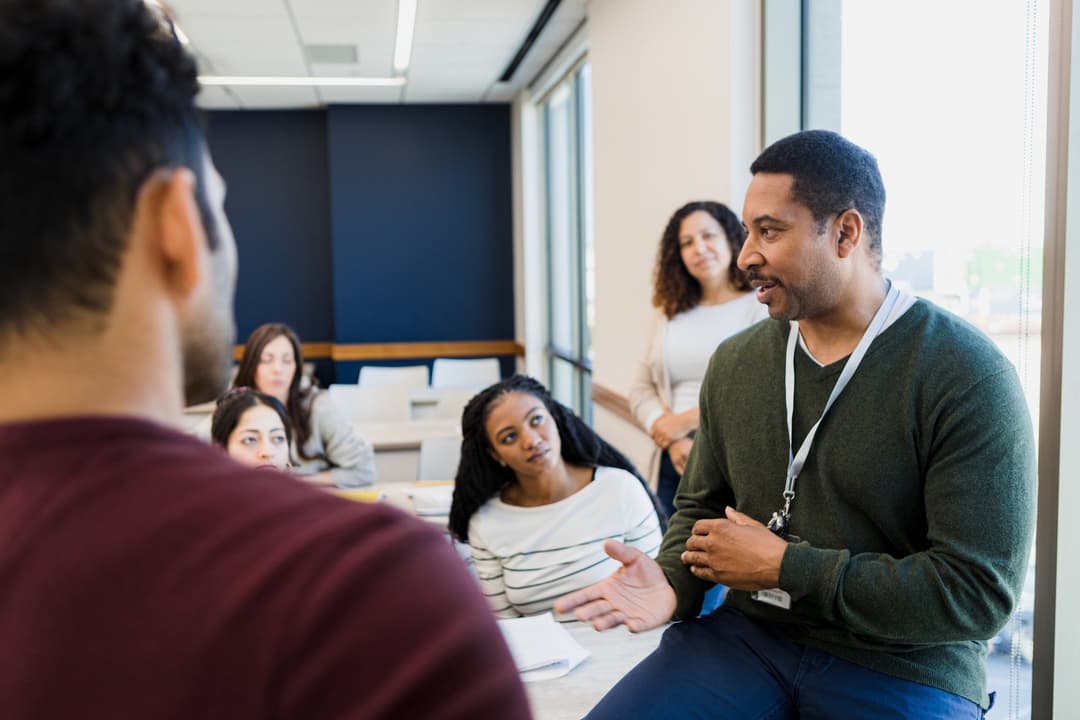
Putting the Romance Back in Advancement
It’s no secret that advancement and alumni relations offices across the country have been feeling the pressure to increase donor revenue. State funding for education has been steadily decreasing, and many institutions looking to make up for pandemic-related revenue losses are looking to their advancement offices for help. This may be the reason why fundraisers and gift officers are bypassing the tried-and-true (but time-consuming) process of research, romance, request, and are jumping right into “request.” But is this expedited process bearing fruit?
The data doesn’t suggest so. It’s true that while there’s been an increase in the amount of charitable giving over the past year, the number of donors is decreasing. This is not good news for the long term. While it certainly is more expedient to skip the dating phase and go right for the proposal, romancing alumni is critical to building the type of long-term relationships that create lifelong donors.
Fortunately, dating is a lot more approachable than it used to be, which means advancement staff don’t need to embark on multi-year romance projects. Instead, there are several small things that alumni relations staff can do to build better relationships with prospective donors.
Invest in Romantic Nostalgia
Romantic nostalgia, when used to describe relationships between couples, refers to nostalgia for past experiences shared with one’s partner. A recent psychological study found that romantic nostalgia was positively associated with “greater relationship commitment, satisfaction, and closeness.” Romantic nostalgia can also be applied to the relationship that alumni have with their alma maters. For gift officers, this means that a romantic relationship between the alum and their college already exists, and all an officer must do is lean on romantic nostalgia to keep the relationship intact.
A great example of this comes from a small, private, midwestern college. The college is known for its excellent dining service; its food has featured in more than one conversation between alumni. The college uses that connection between alumni and dining services to romance its donors by having staff send care packages of homemade cookies, crafted by the college’s famed dining services team. This not only shows alumni that the college is thinking about them, but it reminds them of an element of their college experience that they greatly loved.
Let Donors Direct the Relationship
When a gift officer asks an alum for a general donation, they’re directing the way that alum expresses their affection for the school. In many cases, this limits the chances of the alum actually donating. Letting alumni express their affection for the school in their own way will increase the likeliness of alumni giving.
Individual donors have individual connections with the college, whether that be via their major, their sports, their clubs, or even their dormitory. Many potential donors who would otherwise be unwilling to donate to the college’s general fund would be more willing to donate to the segments of their college experience that mattered most to them. This straightforward act of allowing donors to direct their funds shows donors that you care about their individual concerns.
Keep Communicating
One sure way to end a romance: Get what you need and then never call again. Ask any couples therapist and they’ll tell you that communication is a core tenet to a healthy relationship. The same is true in advancement. Keep lines of communication open and on a variety of channels. Check in via text or email and find ways to communicate that aren’t related to directly asking an alum to donate their money, time, or talent.
A small, south-central university has several unique ways to stay in communication with its alumni. For instance, there’s a joke on campus regarding the large number of alumni marriages. The university plays into this joke by sending married alumni Valentine’s Day cards. The university also sends small gifts to the children of their alumni or to alumni that have pets.
Putting Romantic Strategy Into Action
When securing funding is an immediate need, it can be difficult to argue for the slow burning, romantic approach to relationship building. But there’s a reason why research and romance have historically come before “request” in any fundraising playbook. Wearing donors down with requests might result in a one-time donation, but romancing donors and building relationships with them is critical to transforming a one-time contributor into a life-long donor.
For more information about Jenzabar Advancement, visit: https://jenzabar.com/product/advancement




